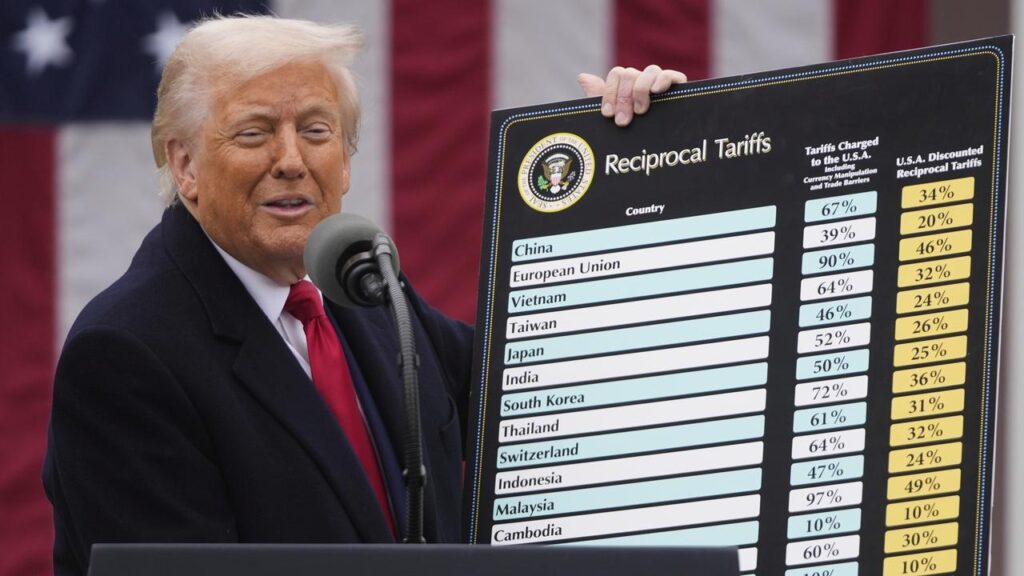
UPDATE: The Trump administration is prioritizing quality over speed in trade negotiations as the August 1 deadline for securing agreements rapidly approaches. US Treasury Secretary Scott Bessent emphasized that the administration will not rush deals just to meet the deadline, which could trigger steep tariffs for nations that fail to finalize agreements.
Speaking on CNBC, Bessent stated, “We’re not going to rush for the sake of doing deals.” When asked if the deadline could be extended for countries in productive discussions, he noted that President Donald Trump would make that decision. Bessent warned that if tariffs are reinstated post-deadline, they could pressure nations to reach more favorable agreements.
The urgency of this situation cannot be overstated. As the US grapples with a trade war impacting multiple global partners, negotiations with key players like India, the European Union, and Japan have stalled, which could have significant consequences for international trade dynamics.
White House Press Secretary Karoline Leavitt indicated that Trump would address trade matters during an upcoming meeting with Philippine President Ferdinand Marcos Jr. at the White House. She hinted that further announcements regarding trade deals or tariff notifications could come before the deadline, but specifics were not provided.
As tensions rise, EU diplomats are reportedly considering counter-measures against the US due to diminishing prospects for a beneficial trade agreement. Countries like Germany are exploring “anti-coercion” strategies that could target US services or restrict access to public contracts if a deal is not reached.
“The negotiations over the level of tariffs are currently very intense,” said German Chancellor Friedrich Merz. “The Americans are quite clearly not willing to agree to a symmetrical tariff arrangement.”
On the matter of China, Bessent confirmed that talks are expected to occur “in the very near future.” He expressed optimism about trade relations, suggesting there is room to address broader issues, including China’s purchasing of sanctioned oil. “We could also discuss the elephant in the room, which is this great rebalancing that the Chinese need to do,” he added.
Bessent also called for Europe to follow the US if secondary tariffs on Russia are implemented. He recently returned from discussions in Japan, where the country’s chief tariff negotiator is making his eighth trip to Washington in three months, highlighting the urgency of reaching a resolution amidst political turmoil in Japan.
Indian trade negotiators returned to New Delhi after a week of talks in the US, but sources indicate that hopes for a preliminary trade agreement before the deadline are fading.
The clock is ticking, and with only days left until the August 1 deadline, nations are on high alert as the potential for increased tariffs looms. Watch for developments as countries scramble to secure favorable terms in what could reshape international trade relations significantly.





